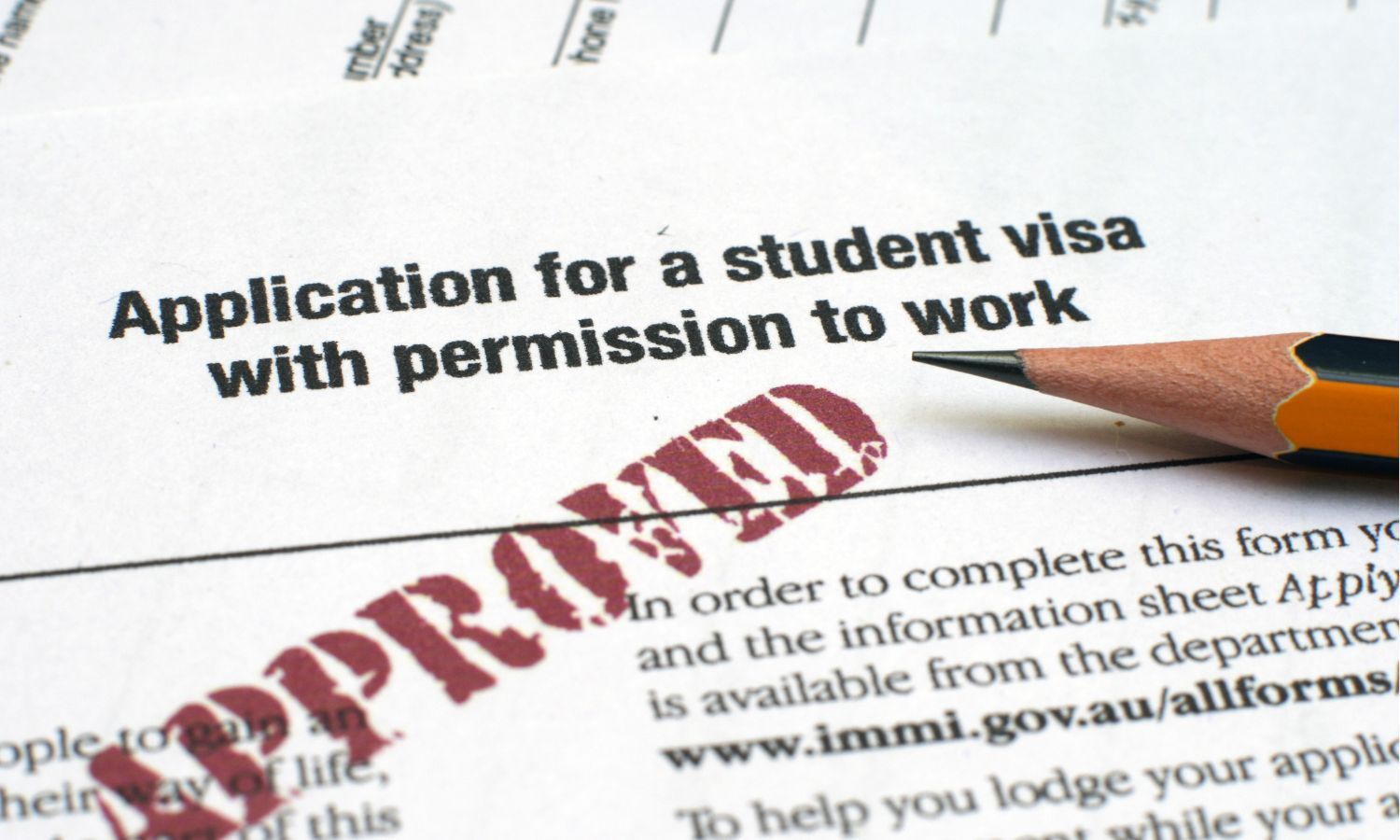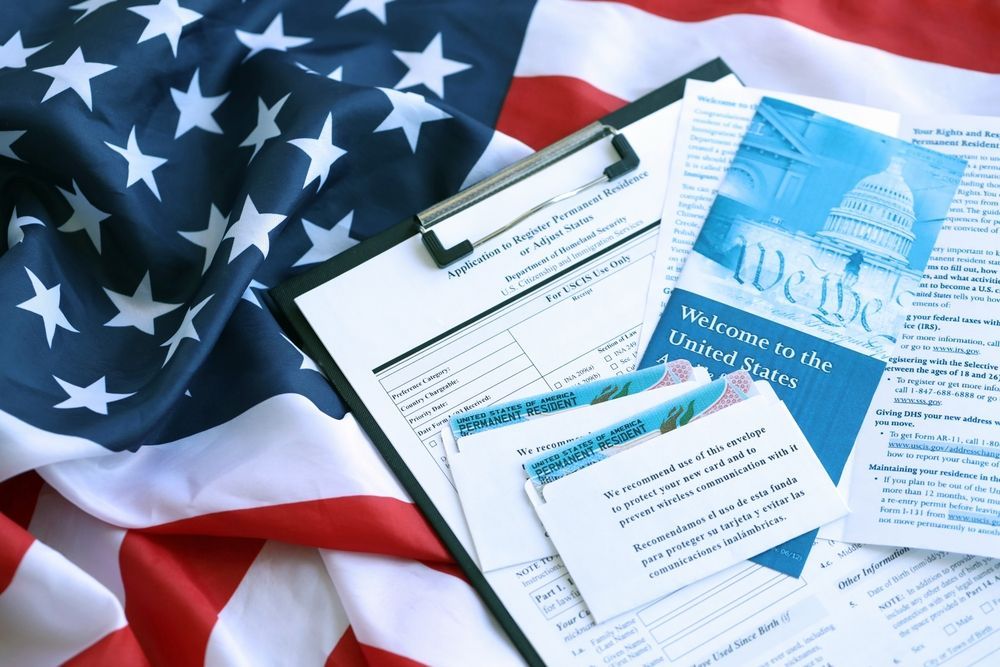Student Visa Requirements and Higher Education: Pursuing Academic Dreams in the U.S. With Temporary Non-Immigrant Work Visas

Pursuing a higher education is a journey that is desired worldwide, and students seek ways to broaden their horizons and gain knowledge from well-known institutions around the world. The United States stands out as a hub of academic merit to many individuals and offers a multitude of opportunities for students pursuing their dreams of academic success. For those outside the U.S., though, the landscape of student visa requirements and temporary non-immigrant work visas can be complex and daunting to tackle. At Malvern Burnett Law, we understand how important education is to you, which is why we are going to delve into the benefits of these visas and how they can help you achieve the education you want. If you’re in need of a student visa, our firm can provide a work visa attorney to assist you.
The Dream of Studying Abroad
A multitude of students dream of the idea of studying abroad in the United States. The cultural exposure, high education, and engaging environment are alluring, and many of the academic facilities in America are seen as the ideal goal. Reaching that goal can be hard, though, because it requires more than academic skills. It’s necessary to understand and met the right student visa requirements in order to achieve those goals in the country you wish to study in.
Student Visa Types
For students who are looking to study in the United States, there are two primary types of student visas. If you meet the student visa requirements for either, these visas allow students to pursue their academic plans while still maintaining a non-immigrant status.
F-1
The F-1 visa is made for students who are attending academic institutions full-time. Institutions can include accredited colleges, universities, high schools, and elementary schools.
M-1
The M-1 visa caters specifically to students enrolled in vocational or non-academic programs. This would include flight schools, culinary programs, cosmetology, and other programs that are not considered traditionally academic.
Requirements and Application Process
Receiving an acceptance letter from a United States institution is the first step in your journey. Afterwards, you must apply for the type of visa you need with a U.S. embassy or consulate. The process involves completing the proper forms, paying an application fee, and attending a visa interview. A visa interview is where you are expected to have full documentation of your intent to study, your financial capability, and ties to your home country.
This is where a student visa attorney comes in. Having an attorney work with you through the process allows you to stay organized with your paperwork, as well as offer advice on the best approach to getting your visa request approved.
Temporary Non-Immigrant Work Visas: Educational Extensions
In recent years, an alternative avenue has risen for students’ academic pursuits through temporary non-immigrant work visas. Not only do these visas offer ways to finance your education, but they also provide experiences and cultural exposure through work in America. With the help of a work visa attorney, you may be able to receive a temporary visa along with your student visa to expand your education into a career opportunity. There are a few types of work visas available, all designed for the purpose of allowing work experiences outside your academic institute.
H-1B Visa
The H-1B visa is a temporary work visa for non-immigrant individuals with specialized skills. It isn’t exclusive to students, but it allows international students to continue their work in the U.S. even after their student status ends. Graduates with an F-1 visa can transition to an H-1B if they are employed by a U.S. employer.
Optional Practical Training (OPT)
As an extension of an F-1 visa, OPT allows students to work in a career pertaining to their field of study for up to 12 months after their program ends. For STEM graduates, the extension can be up to 24 months. OPT helps to provide students with in-depth and hands-on experiences, bolstering their skills, their education, and having a positive impact on their employability.
Curricular Practical Training (CPT)
CPT offers students the opportunity to work off-campus as a part of their academic studies. The work experience they gain is typically integrated into their academic program and helps them in their field of study through practical training.
Benefits and Challenges
With student visas and the integration of temporary work visas, international students are presented with access to a variety of benefits for their academic journey. They’re a means to finance education and relieve the financial burdens that students and their families may struggle with. The education and work experience gained are invaluable for future endeavors in the job market.
The journey comes with challenges, though, which is why having the right student visa attorney is helpful. They can help you navigate through the legal framework of visas and work authorization, and prevent the process from becoming too overwhelming. A simplified process can help give you a headstart on your studies.
Malvern Burnett Law Can Help
If you’re looking for a dependable
immigration lawyer in New Orleans, Maven Burnett Law is here to help you. We value your pursuit of academic dreams in the United States, and want to make the visa process easier for you. With careful planning and organization, we can provide the right navigation through the legal aspect of studying abroad, and help you pursue the education you want. Call us today for more information, or to schedule an appointment.





